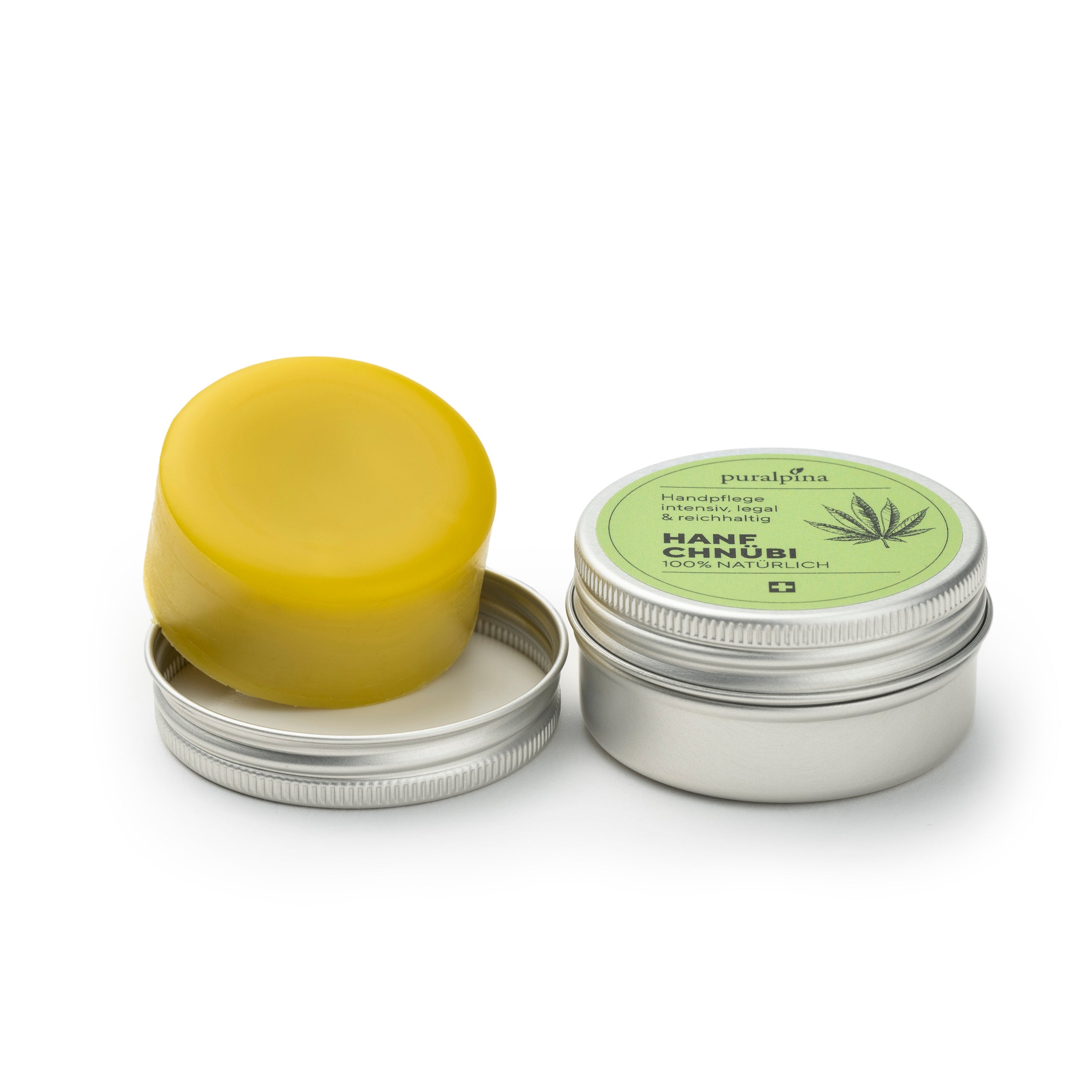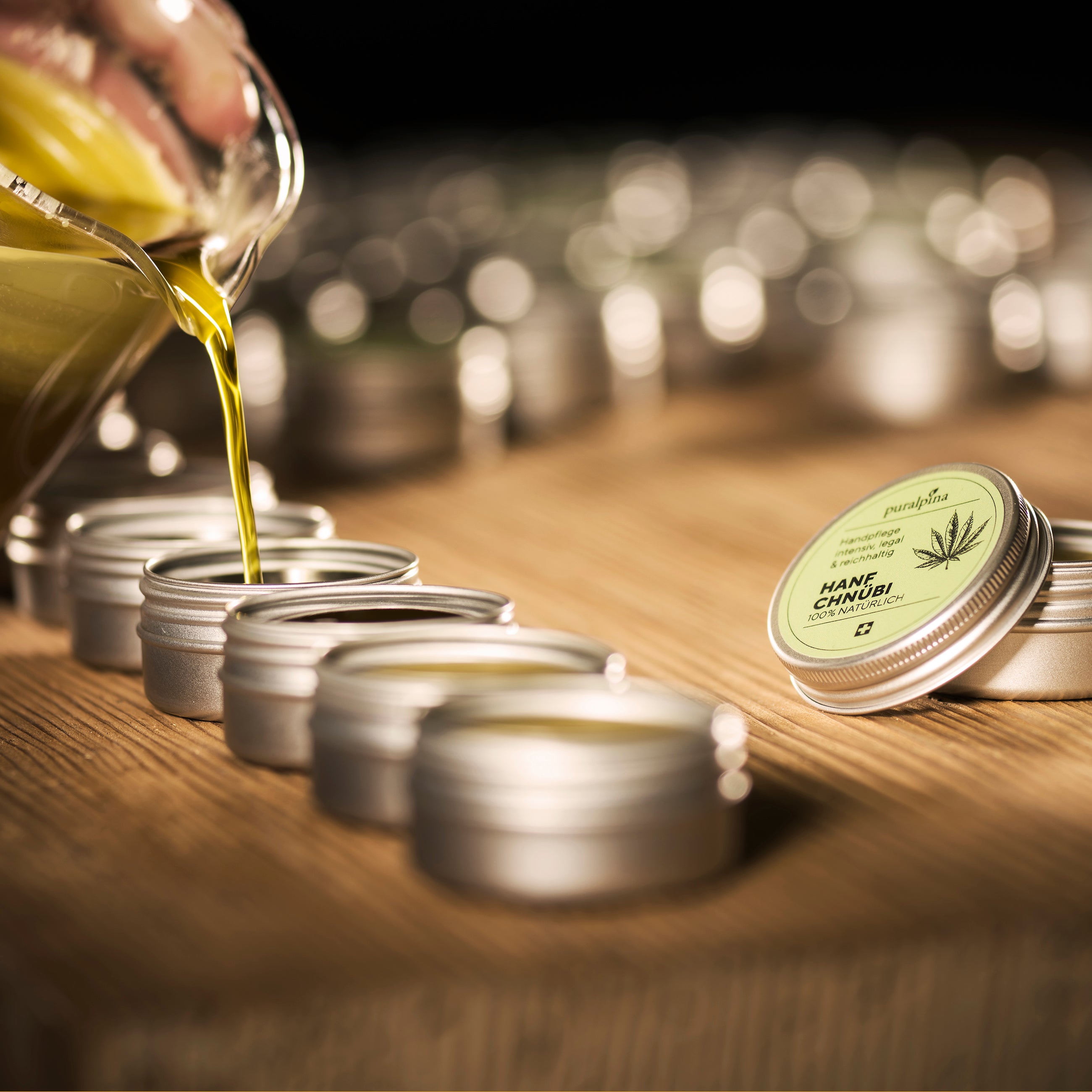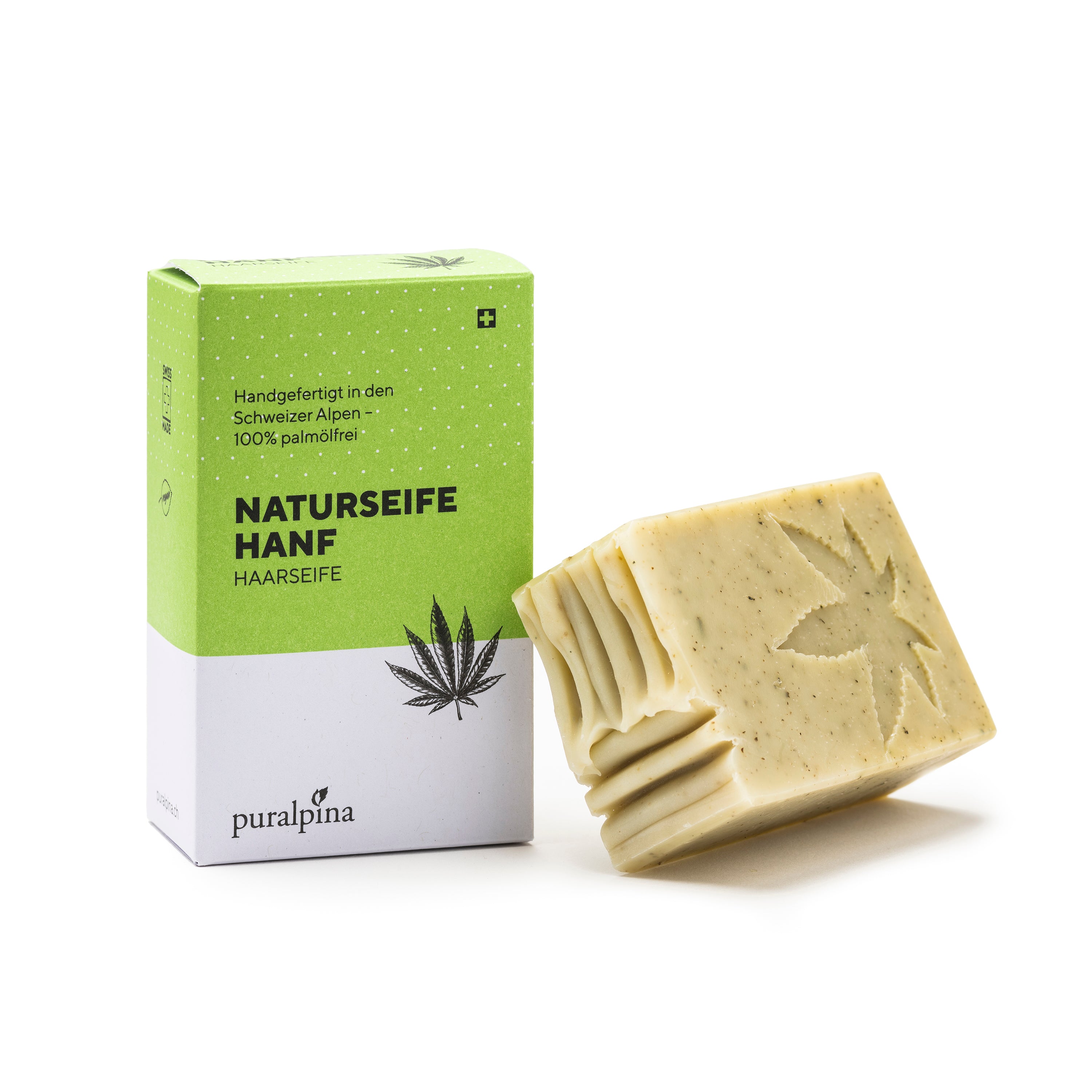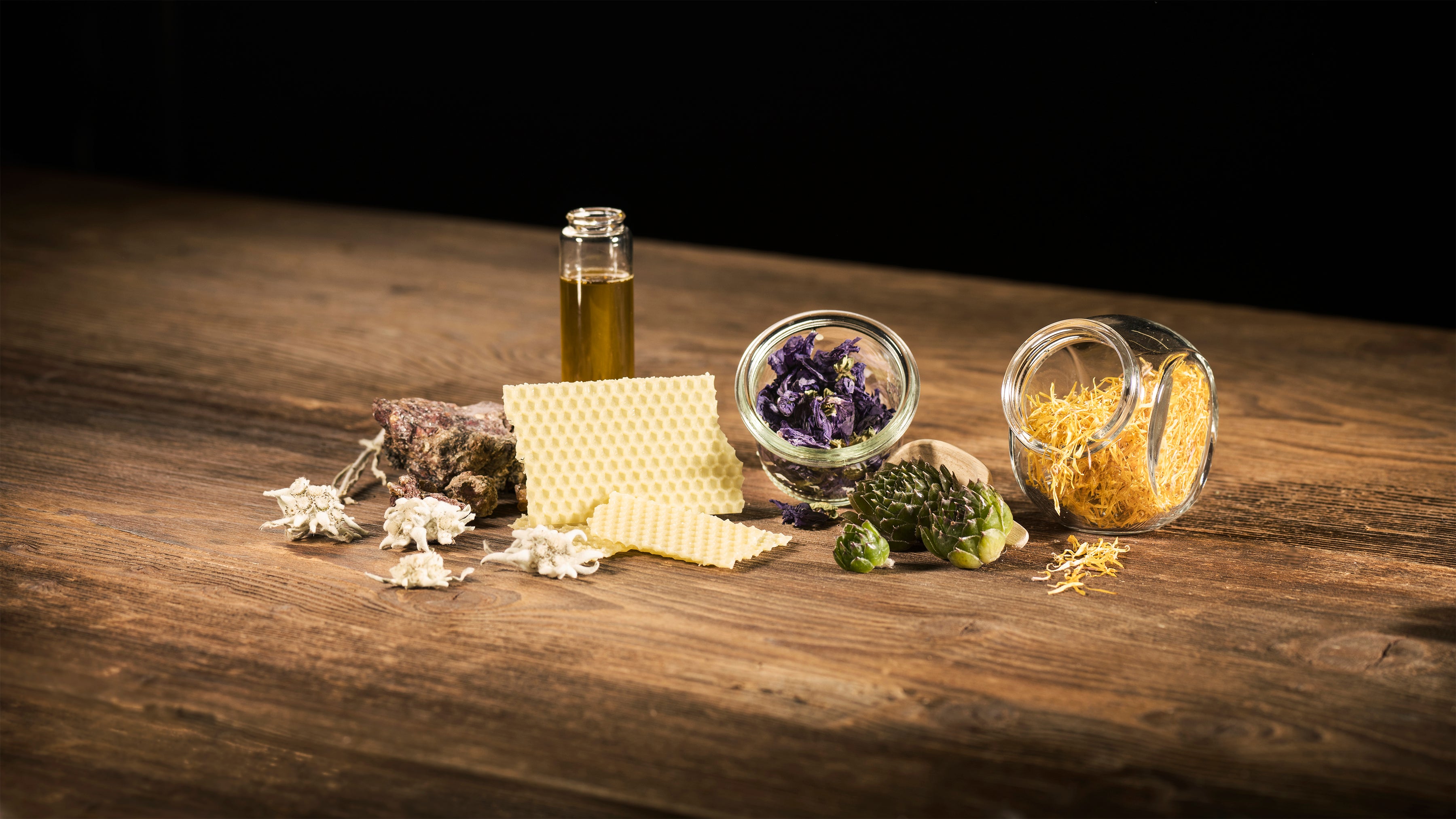Hemp
Hemp is experiencing a real renaissance these days. It is valued and used in many different ways. It is not about its intoxicating effects, but rather about its impressive versatility.
In this article we take a closer look at this extraordinary plant.
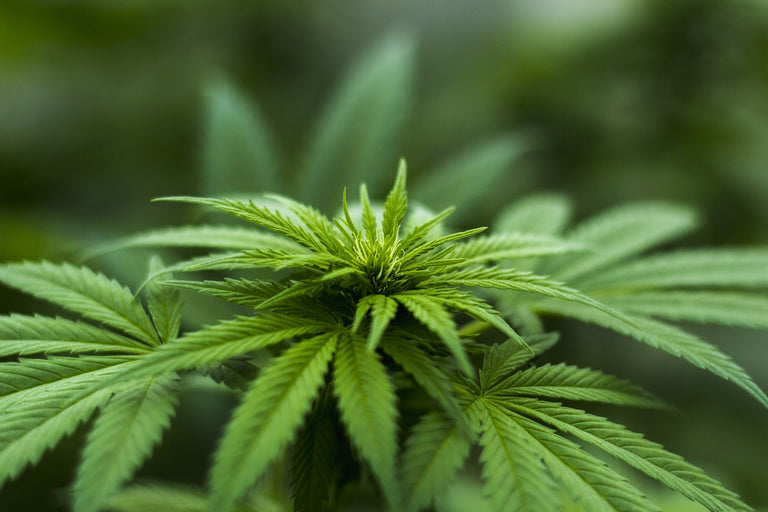
Cannabis sativa L.
Cannabis sativa L. is the botanical name of common hemp or real hemp . Hemp is one of around 170 species of the hemp family that are found worldwide. Along with hops, hemp is one of the most important crops in this family.
Hemp is resilient, undemanding and does not require any chemical-synthetic pesticides. This makes it an ideal candidate for organic cultivation.
In addition, many parts of the plant can be used: fibers, seeds, leaves, flowers. Depending on the species of the genus used, different products can be made from them.
Story
Anyone who thinks that the use of hemp is a modern-day fad is wrong. Hemp was already cultivated and used in ancient times. The robust and tear-resistant hemp fibers were processed into ropes, clothing, paper and even building materials. The hemp plant was widespread in this country until the 1930s.
In today's world, where more and more people value sustainability and naturalness , the demand for hemp is increasing. The versatility of its use is remarkable. It turns out that hemp is not only "good" but also extremely useful, without the notorious "high".
Hemp in cosmetics
Hemp oil is gaining increasing recognition in natural cosmetics . It contains valuable ingredients that promote skin health and contribute to a radiant, well-groomed and even complexion.
Hemp oil is extracted from the seeds by cold pressing . Only this gentle process guarantees that the nutrients, the nutty taste and the greenish-yellow color are retained. The main components of hemp oil are polyunsaturated fatty acids such as omega-3 and omega-6, vitamins and trace elements.
Hemp oil does not have to travel from far away. Production in Switzerland is not huge, but it does exist. When buying, make sure it is organic.
The rich omega-3 and omega-6 fatty acids in particular support skin health. They can be easily absorbed by the skin. The combination of these polyunsaturated fatty acids and vitamins supports the skin's natural regeneration process by promoting cell renewal and improving skin structure. This leads to a healthier complexion.
Hemp oil penetrates deep into the skin, moisturizes and forms a natural protective barrier against external influences. It regulates talc production, soothes irritated skin and is also suitable for the care of young skin.
The vitamin E in hemp oil protects against harmful environmental influences and premature skin aging, improves elasticity and promotes an even skin tone. Wrinkles are visibly reduced.
Do you have brittle hair and a flaky scalp? Hemp oil is also suitable for your hair and scalp . It moisturizes your hair and gives it a beautiful shine. It also soothes irritated scalps. You can use it in the form of shampoo, hair soap or as a supplement to your shampoo.
Hemp oil is an ideal ingredient in skin care products such as creams, ointments, soaps, and hair and body care products.

Hemp in nutrition
Hemp seeds, cooking oil and hemp tea are used in the diet.
Hemp seeds consist largely of vegetable oil, proteins, fiber, vitamins and minerals. This makes them an important source of nutrients. Roasted and salted, they go well with muesli, salads and sauces. Botanically speaking, hemp seeds are nuts, which is why there is no difference between hemp seeds and hemp nuts.
Cold pressing of hemp seeds produces high-quality cooking oil. This gentle process preserves the healthy polyunsaturated fatty acids Omega-3, Omega-6 and Omega-9, which can be optimally absorbed by the body.
Hemp is also very popular as a tea variant . It is not only an aromatic thirst quencher, but also brings relaxation sip by sip. Whether as a warming companion on cold days or as a refreshing iced tea in summer - hemp tea delights with its bright yellow color and a subtly bitter aroma. The focus is on calming effects, while there are no intoxicating side effects.
Hemp as a topic of conversation
Hemp got its dubious reputation because of its THC content. THC (tetrahydrocannabinol) is responsible for the intoxicating effect. In Swiss law, the THC content and the type of hemp determine legality. As long as this content is below one percent, the use of hemp is legal and does not result in intoxicating effects.
